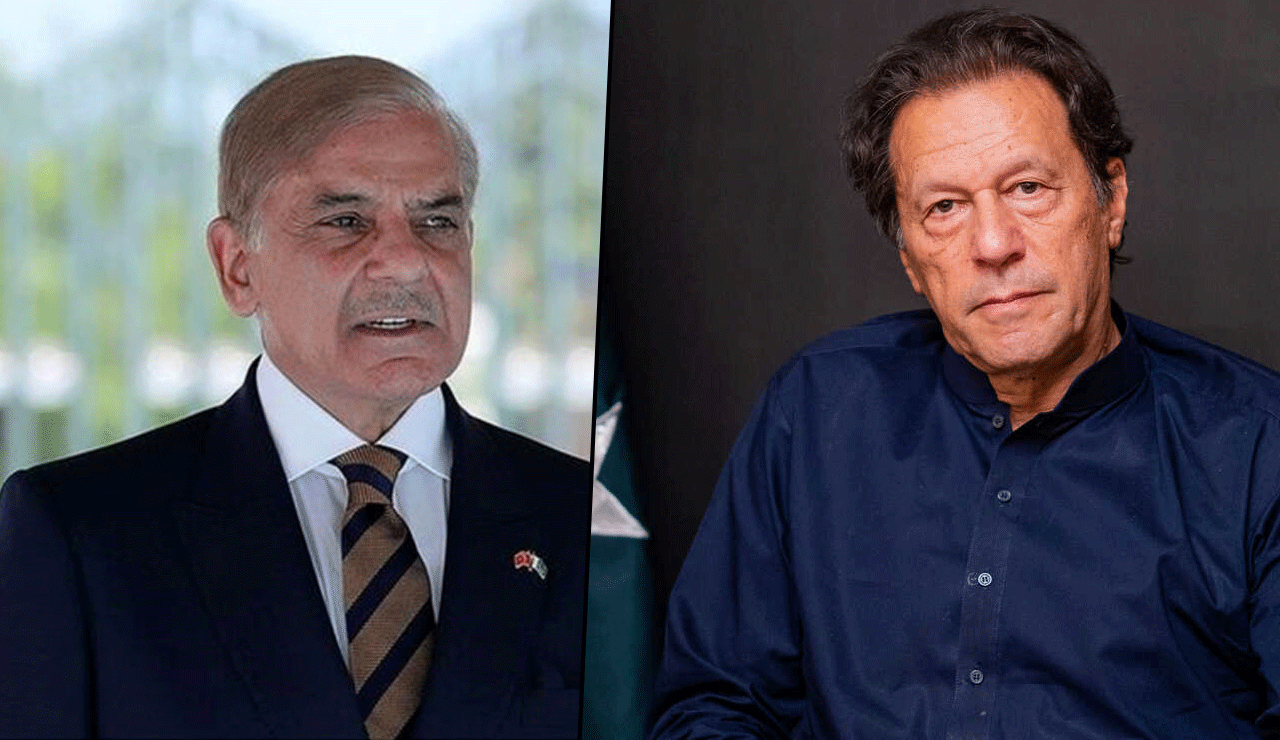Political Realignment: The Unexpected Outreach to Imran Khan Amid Tensions with India

As tensions rise with India following the recent Pahalgam attack, a surprising political maneuver is unfolding in Pakistan. The country's Army Chief, General Asim Munir, alongside Prime Minister Shehbaz Sharif, has reportedly reached out to former Prime Minister Imran Khan in a bid to garner support amidst growing unrest. This development comes as no surprise to those familiar with Pakistan's tumultuous political landscape, where alliances can shift as quickly as public sentiment.
The backdrop to this political outreach is the deteriorating relationship between Pakistan and India. Following the Pahalgam attack, both nations find themselves on high alert. The Pakistan military and its civilian government are keenly aware that internal stability is crucial during such precarious times. With Imran Khan's Pakistan Tehreek-e-Insaf (PTI) party leading protests against the ruling coalition, their cooperation could be vital for maintaining a unified front in the face of external threats.
What makes this outreach particularly intriguing is the history between Khan and Munir. During his time in office, Khan made headlines when he removed Munir from the position of ISI chief shortly after the Pulwama attack, a decision that is often cited as a pivotal moment in their relationship. This unprecedented action led to a significant rift, raising questions about the dynamics of military-civil relations in Pakistan. Now, the very same leaders who were once at odds are attempting to bridge their differences for the sake of national security.
Despite Khan's imprisonment, the PTI continues to mobilize support and challenge the government’s authority. This ongoing public pressure illustrates Khan's enduring political capital. The PTI has effectively utilized digital platforms to rally support and maintain discourse around governance and accountability, making it increasingly difficult for the establishment to ignore their influence. The outreach to Khan can be viewed as an acknowledgment of that power.
This unexpected outreach could have significant implications for Pakistan's political future. If an agreement can be reached, it may pave the way for a temporary political ceasefire, allowing the government to focus on external threats without the added pressure of internal dissent. However, whether Khan will agree to cooperate remains to be seen. His past grievances against the military establishment could complicate negotiations. It is a high-stakes game, and the outcome could shape the trajectory of Pakistan’s political landscape in the coming months.
As Pakistan navigates this critical moment, the call for unity resonates loudly. The civil and military leadership’s attempts to reach out to Khan reflect a broader strategy to project strength and stability. In times of crisis, historical patterns suggest that political actors may put aside differences for the greater good. This unfolding drama highlights not just the complex interplay of power in Pakistan but also the resilience of its political actors. As the situation evolves, it will be essential for all stakeholders to prioritize national interests over personal vendettas. Only then can Pakistan hope to emerge from this turbulent period stronger and more united.
